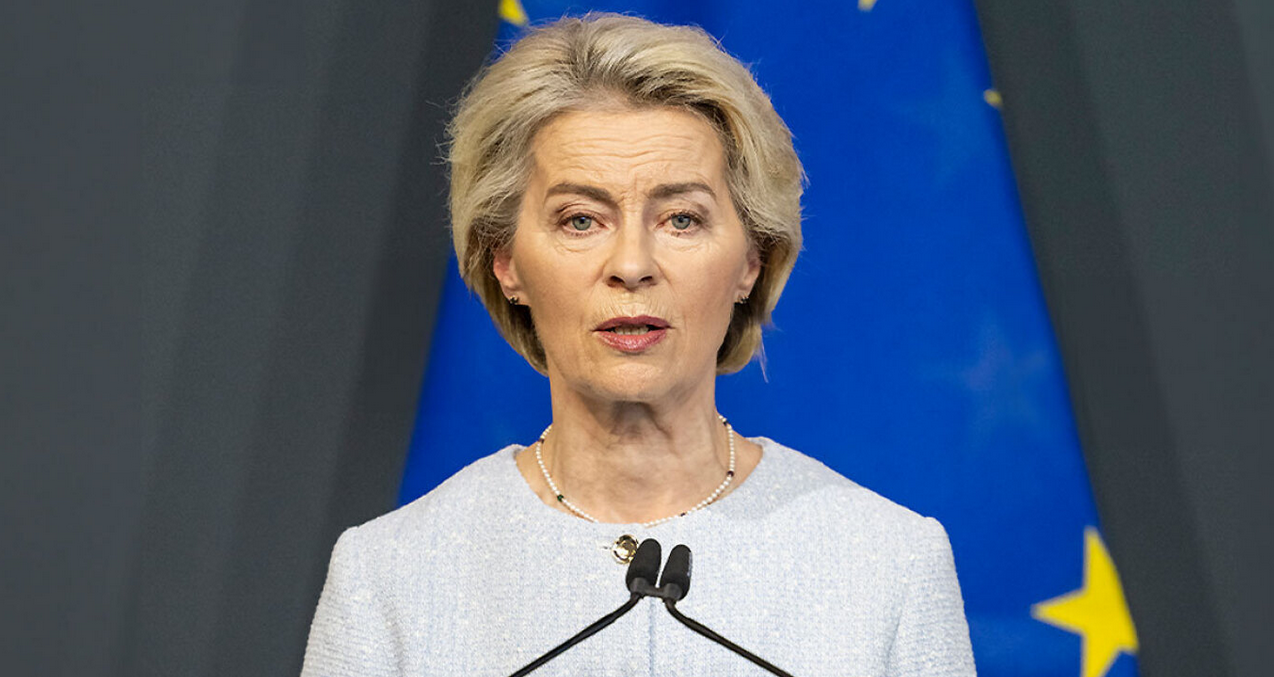The European Commission, responding to the European Court of Justice’s ruling that it did not provide sufficiently broad public access to the COVID-19 vaccine purchase contracts, emphasized in a statement that it “generally provides the widest possible public access to documents, in accordance with the principles of transparency.”
In the cases reviewed by the European Court of Justice, the Commission asserts that it “needed to find a difficult balance” between the public’s right to information, including that of members of parliament, and the legal requirements stemming from the COVID-19 contracts themselves, which could lead to monetary claims against taxpayers. The Commission notes that the Court has often recognized the need to protect the business interests of a contractual partner.
The Commission claims that it had provided the European Parliament (based on the Framework Agreement on relations between the two institutions) with full information regarding the COVID-19 vaccine contracts.
In line with its institutional role, the Commission reminds that it is responsible for ensuring the absence of conflicts of interest and has a duty to protect the confidentiality and personal data of the individuals involved.
At this stage, the Commission reserves its legal options.
The European Court of Justice considers that the Commission did not provide sufficient access to the purchase contracts and believes that the executive body’s decision to publish only redacted versions of the contracts contains irregularities.
According to the Court, the Commission “did not prove that broader access to the relevant clauses would actually undermine the commercial interests of the companies involved.”
The Commission now has a deadline of two months and ten days to appeal the case before the European Court of Justice.
This infringement particularly concerns the terms of the contracts regarding compensation and the statements about the absence of conflicts of interest from the members of the vaccine purchase negotiating team. In 2020 and 2021, contracts for the purchase of COVID-19 vaccines were concluded between the Commission and pharmaceutical companies: approximately 2.7 billion euros were quickly released to place a final order for more than one billion vaccine doses.
In 2021, Members of the European Parliament and private individuals requested access to these contracts and related documents under the regulation on access to documents, to understand their terms and conditions and to ensure the protection of public interest. Since the Commission provided only partial access to these documents, which were published online in non-confidential form, the aforementioned MEPs and private individuals filed annulment actions before the General Court of the European Union.
In its rulings, the General Court partially upheld the two actions and annulled the Commission’s decisions where they contained deficiencies. Regarding the contract terms that concern the compensation of pharmaceutical companies by member states for any compensation the companies would need to pay in case of defects in their vaccines, the General Court emphasizes that a producer is liable for any damage caused by a defect in its product and that liability cannot be limited or excluded vis-à-vis the injured party by a limitation or exclusion clause under Directive 85/374.
The General Court points out, however, that no provision of Directive 85/374 prohibits a third party from reimbursing the compensation paid by a producer due to a defect in its product. The General Court recalls that the reason the compensation terms were included in the contracts, namely the offsetting of the risks undertaken by pharmaceutical companies due to the shortened vaccine development timelines, had been approved by the member states and made public.
The General Court finds that the Commission did not prove that providing broader access to these clauses would significantly harm the commercial interests of the pharmaceutical companies. Similarly, the Commission did not provide adequate explanations demonstrating how access to the definitions of the terms “willful misconduct” and “best reasonable efforts” in certain contracts and the terms of the contracts concerning donations and resales of vaccines could specifically and substantially harm those commercial interests.
Regarding the protection of the privacy of individuals, which the Commission invoked to partially deny access to the declarations of absence of conflicts of interest from the members of the vaccine purchase negotiating team, the General Court considers that the interested private parties duly demonstrated a specific public interest purpose for the disclosure of the personal data of these members. Indeed, only if they had access to the names and professional or institutional roles of these members could they ascertain that they were not in a conflict of interest. Furthermore, the Commission did not adequately consider all relevant circumstances to properly balance the interests at stake, relating to the absence of conflicts of interest and the risk of harm to the privacy of the data subjects.
Reminder
An action for annulment aims to annul acts of Union bodies that contravene Union law. Under certain conditions, member states, Union bodies, and individuals can bring an annulment action before the Court of Justice or the General Court. If the action is well-founded, the act is annulled. The Union body concerned must cover the legal gap created by the annulment of the act.
Reminder
An appeal against a decision of the General Court can be filed with the Court of Justice within two months and ten days from its notification, limited to legal issues.
Ask me anything
Explore related questions





